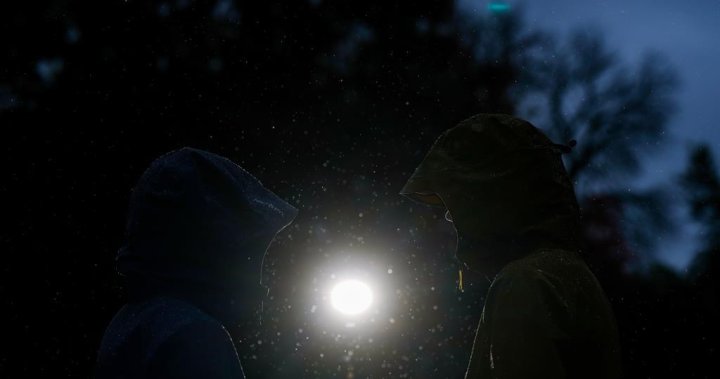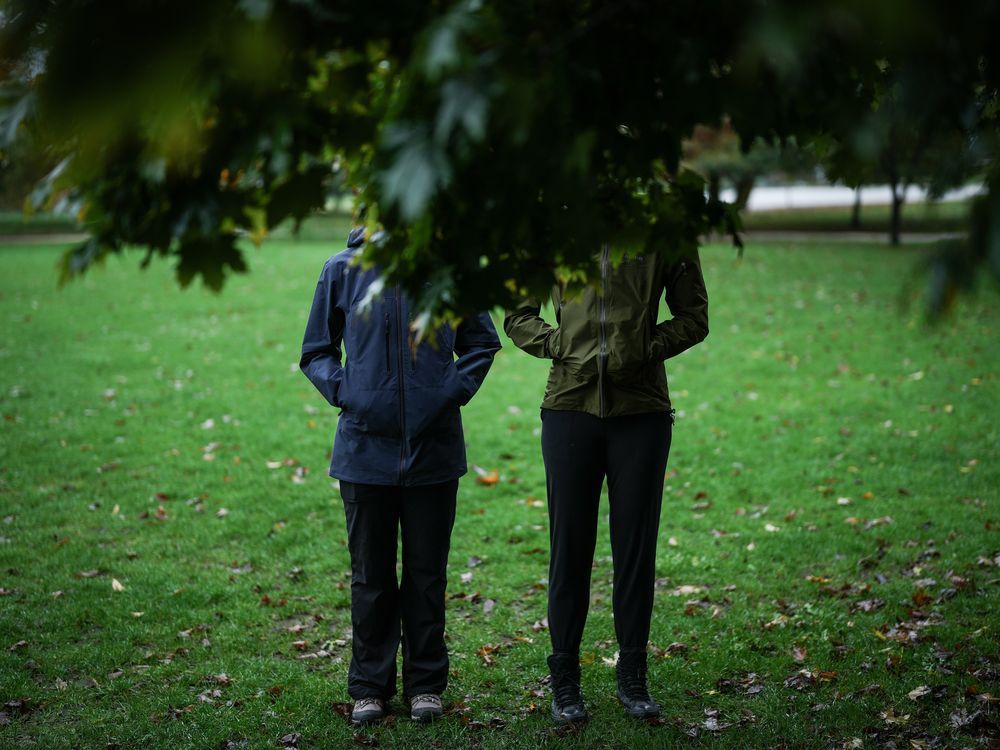- Reaction score
- 2,535
- Points
- 1,260
Ouch ...
Usual reminder: presumption of innocence until proof of guilt via due process

 globalnews.ca
globalnews.ca

 vancouversun.com
vancouversun.com

 www.cp24.com
www.cp24.com
Usual reminder: presumption of innocence until proof of guilt via due process

Canadian Security Intelligence Service staff allege rape, bullying in ‘toxic’ B.C. office | Globalnews.ca
Two covert officers said they were sexually assaulted by a senior colleague while on duty with the Canadian Security Intelligence Service.

CSIS whistleblower hopes they âlit a matchâ with allegations of rape and harassment
One officer says she hopes others who were victimized will now "feel like they can come forward."

Claims of toxic workplace at CSIS absolutely 'devastating': Trudeau says
Allegations of a toxic workplace culture involving harassment and sexual assault at Canada's spy agency are “devastating” and “absolutely unacceptable,” Prime Minister Justin Trudeau said on Thursday.
